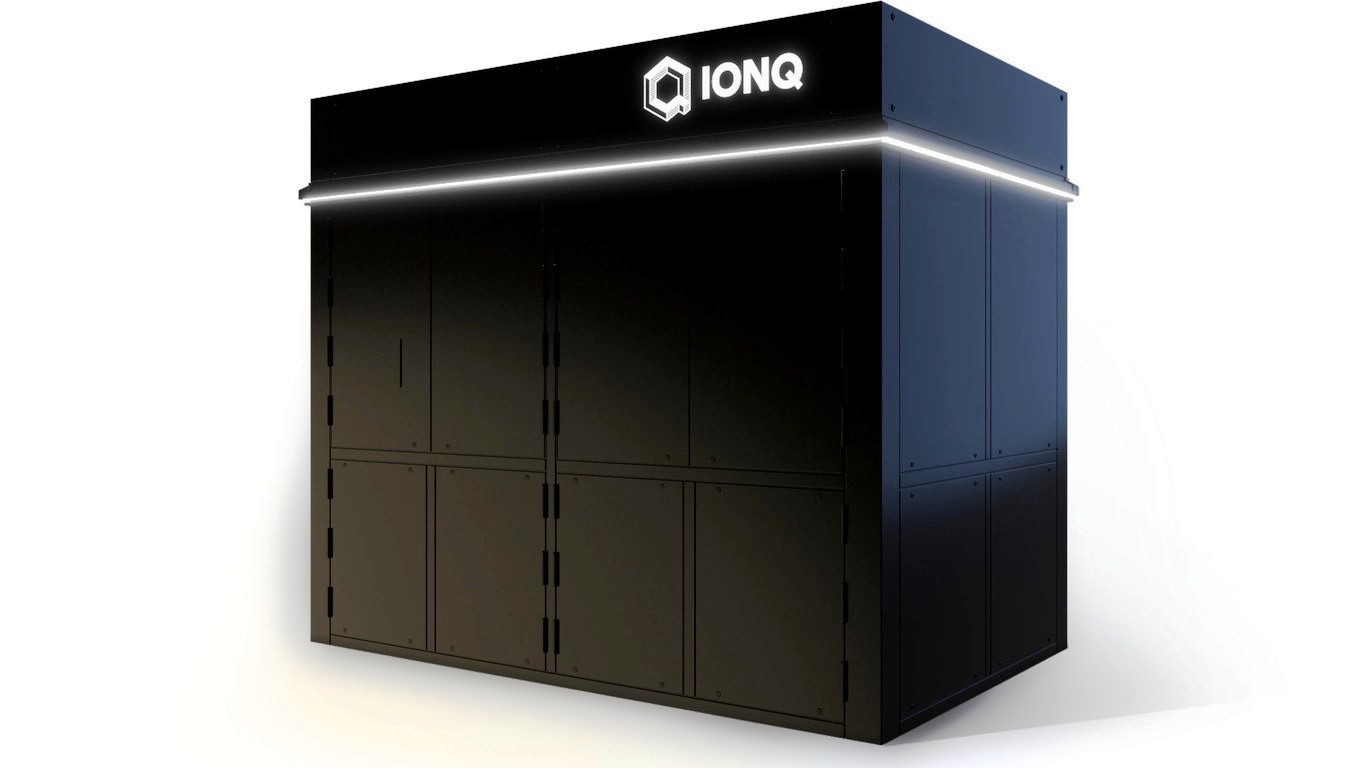
Advanced Micro Devices Inc. (NASDAQ: AMD) shares have been on an absolute tear over the past 52 weeks, up close to 200%, although this has been more muted in 2017. Much of these gains have been in regards to AMD’s development of its Ryzen CPU series.
The stock has a consensus analyst price target of $12.66, which is relatively close to the current price level. With the consensus where it is, analysts seem to believe most this rally has already been priced in. In fact based on the outlook for AMD’s Ryzen series, one key analyst is moving to the sideline on the stock.
As part of this guidance, AMD announced plans to launch Ryzen 3 CPUs for premium desktops in the third quarter, Ryzen Pro for commercial desktops in the second half of 2017, Ryzen Mobile for consumer in the second half of 2017, Mobile Ryzen Pro for commercial in the first half of 2018, Vega GPUs in June, and Epyc CPUs for servers in June. AMD expects Ryzen CPUs to be made available by the top five PC original equipment manufacturers (OEMs) in the second quarter.
As a result, AMD reiterated its year-over-year revenue guidance for 2017 of low double-digit percentage growth and expects the ramp up of these products along with continued growth in semi-custom chips for game consoles to drive sustained this double-digit revenue growth as a percentage through 2020.
AMD also guided long-term revenue growth of double digits as a percentage driven by a few reasons:
- New product momentum.
- Pro forma gross to a range of 40% to 44% driven by higher average selling prices (ASPs) and richer product mix.
- OpEx as a percent of overall revenue in a range of 26% to 30% as AMD needs to continue to invest.
- Pro forma EPS of >$0.75 driven by improving profitability.
As a result, Loop Capital downgraded AMD to a Hold rating but maintained its price target of $13, implying upside of 2% compared with a $12.75 close. In a sense the firm is moving to the sideline on this stock. The brokerage firm also added:
We believe shares of AMD increased 11.65% yesterday vs. the 1.49% of the SOX primarily due to an article in Fudzilla that implies Intel will be licensing AMD’s GPU (graphics processing unit) IP. Intel and NVIDIA’s 7-yr licensing and royalty agreement recently ended. This agreement gave Intel the rights in perpetuity to every one of NVIDIA’s patents (since NVIDIA’s inception) up to the conclusion of the agreement. We believe with Intel having 106,000 employees vs. AMD’s 8,200 (as of December 2016) and rights in perpetuity (i.e. forever) to every one of NVIDIA’s GPU patents up to January 2017 that Intel does not need AMD’s GPU IP and think it’s very unlikely Intel will strike a licensing deal with AMD.
Shares of AMD closed Friday at $11.40, with a 52-week trading range of $3.81 to $15.55. Over the course of the week the stock was actually up 1%, however it was up as high as 13% on Tuesday.
Thank you for reading! Have some feedback for us?
Contact the 24/7 Wall St. editorial team.





